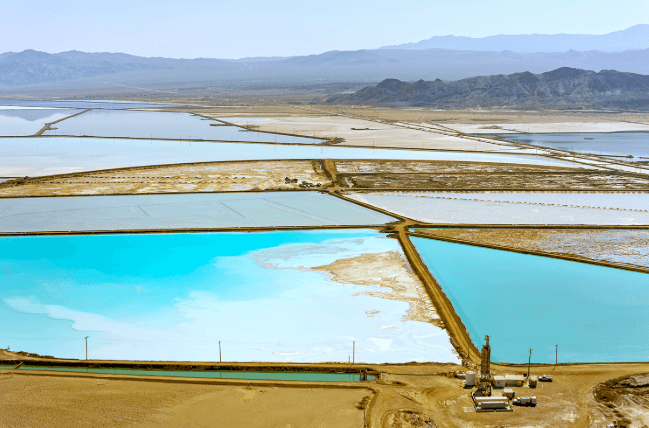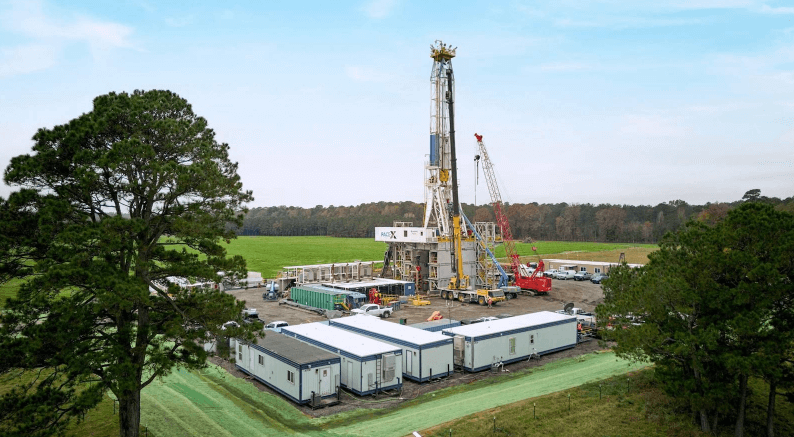Stanford University researchers make great breakthroughs in developing new technologies for extracting lithium from briny water. The more efficient and eco-friendly method addresses lithium concentration problems in traditional extraction and processing. The technology enhances lithium brine concentration processing and make it faster, cheaper and environmentally sustainable via redox-couple electrolysis (RCE). The new technology reduces cost by 40% than dominant extraction method.
For the rise of electric vehicles and renewable energy storage, nationwide demand for lithium has surged in recent decades. Lithium ore concentration requires reaching specific level, then it could be used into lithium battery. Most lithium extraction relies on evaporating brines in huge ponds under the sun for a year or more, leaving behind a lithium rich solution.
At present, lithium plays an important role in the global energy upgrade to sustainable energy. It's estimated that the demand for lithium will rise from 0.5 million metric tons in 2021 to 4 million metric tons by 2030. The sharp increase is driven by popularity and wide spreading of electric vehicles and clean energy systems.
In general, lithium exists in brine, seawater and crude oils, so lithium concentration measurement is critical in its extraction, getting precise readings of lithium concentration in brine, lithium concentration in seawater, lithium concentration in crude oil, lithium concentration in oil field brines.

Traditional lithium is extracted from mined rocks, which is a more expensive, energy intensive and driven by toxic chemicals than brine extraction. Nowadays, lithium extraction transitioned to evaporating salt-lake brines for lower cost and higher financial as well as environmental costs. Climate conditions are critical factors influencing production efficiency, throwing into doubt the lithium industry's ability to meet rising demand.
Cost & Environmental Benefits
The new technology is more cost-effective for the reason of lower capital costs on building and maintaining large-scale solar evaporation ponds. Moreover, the consumption of electricity, water and chemical agents is significantly less than that of previous two methods. By avoiding the extensive land use and water consumption of traditional methods, the RCE approach also reduces the ecological footprint of lithium production.

Looking Ahead
The scalability of the REC method is promising too in future trend of renewable resources. Automatic and intelligent lithium extraction is an irreversible trend, especially in entire production line integrating inline density meters, level sensors and even viscometers. Contact Lonnmeter for optimized extraction solutions of lithium brine. You can get professional suggestions from our engineers. Do not hesitate to request a free quote now!
Post time: Jan-15-2025





